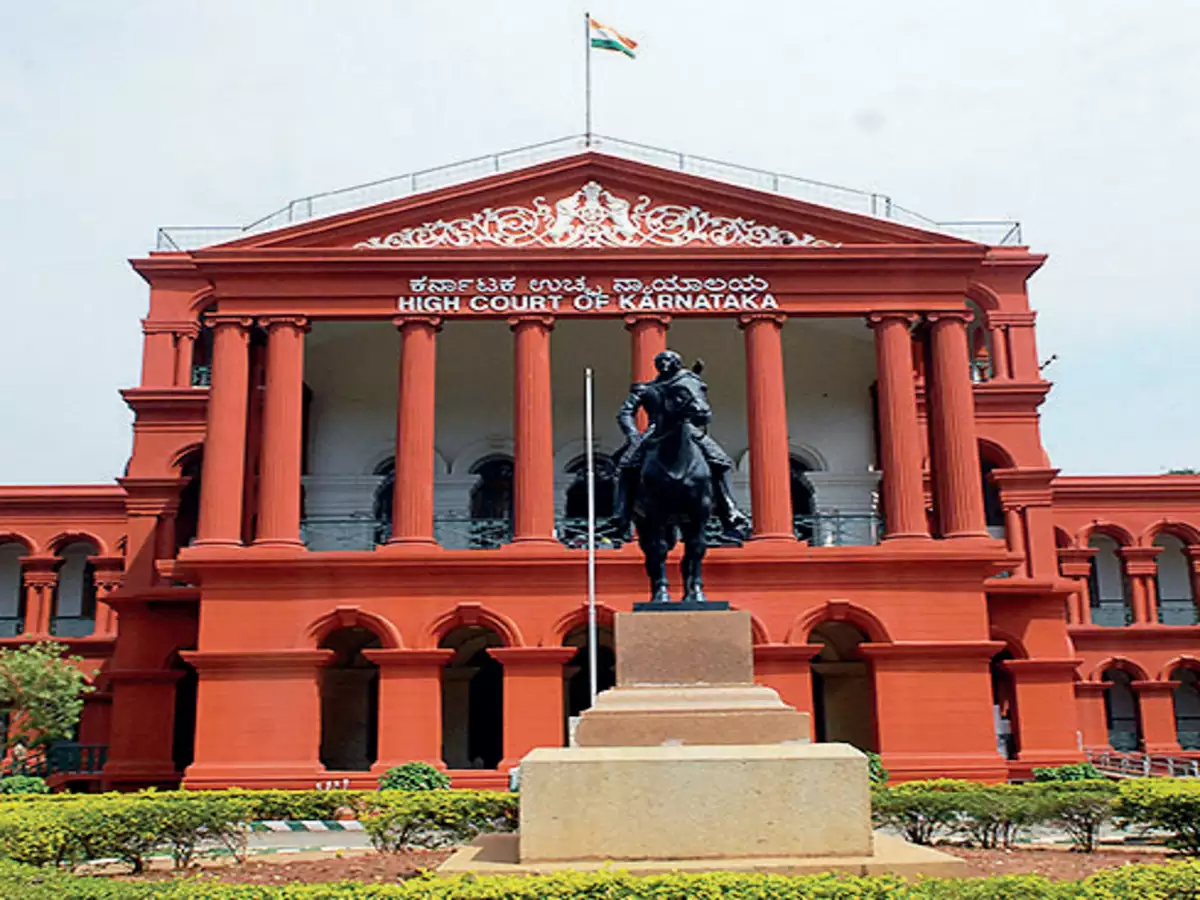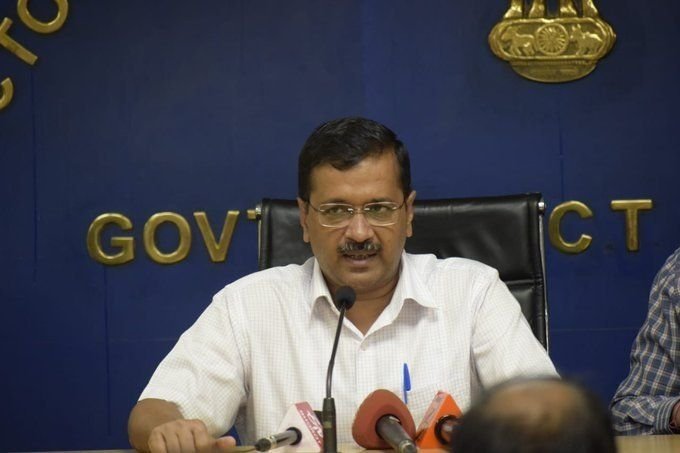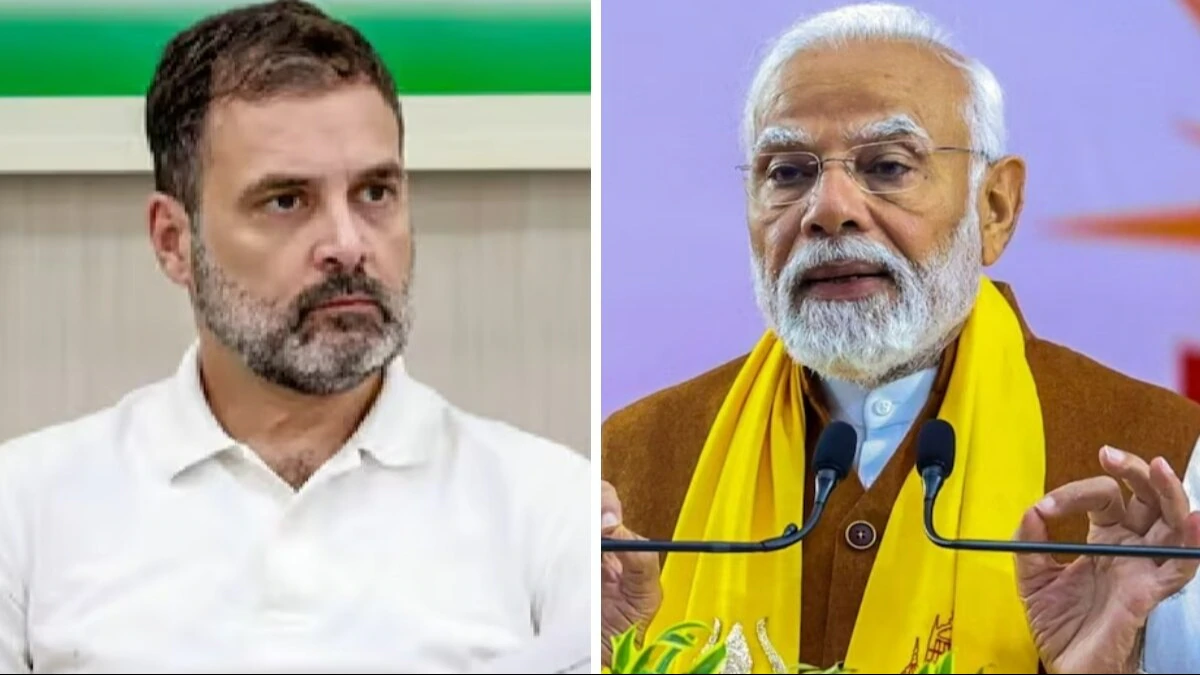The Nagpur bench of the Bombay High Court, in a ruling dated March 27, upheld the death penalty of a 45-year-old man, Vivek Gulabrao Palatkar, who was found guilty of murdering his own son, sister, brother-in-law, niece, and sister’s mother-in-law. The case, titled State of Maharashtra vs Vivek Gulabrao Palatkar, was presided over by a division bench comprising Justices Vinay Joshi and MW Chandwani.
The court described the convict’s actions as a blatant disregard for humanity and family relations, emphasizing that he spared no one, not even his minor son or niece. Moreover, the court noted that Palatkar exhibited a cruel and arrogant demeanor, even expressing his preference for the death penalty during the trial. His violent behavior extended to an assault on a fellow inmate while in jail, leading the court to conclude that he was beyond rehabilitation.
The judges characterized Palatkar as a societal menace for his calculated and merciless killing spree, targeting his own kin in a premeditated manner. Despite initially having a motive to harm only his brother-in-law, he went on to eliminate his entire family, demonstrating a complete absence of empathy or mercy. The court expressed concern for the safety of the two surviving children who testified against him, as well as for the broader society given his violent tendencies.
Palatkar, a laborer by profession, had previously been convicted of killing his wife in 2014 but was subsequently acquitted. Upon his release from prison, he visited his sister’s home where the fatal incident occurred following a dispute with his brother-in-law over financial matters. Using a crowbar, he perpetrated a brutal assault on his sleeping relatives, causing fatal injuries to their heads and faces.
The court highlighted the betrayal of trust inherent in Palatkar’s actions, particularly towards those who had provided shelter and care for his children in his absence. It condemned the heartless nature of the crime, which not only shocked the judicial conscience but also left a lasting impact on society, disrupting family ties and depriving innocent children of their right to life.
In light of the heinous nature of the crime, the court deemed it to be among the rarest of rare cases warranting the death penalty. It concluded that any punishment less severe would be inadequate and unjust given the gravity of the offense and the convict’s history of violence.
The legal proceedings saw advocates DV Chauhan and N Jadhav representing the convict, while Additional Public Prosecutor SS Doifode and Assistant Public Prosecutor A Badar represented the State. Advocate Mohd. Ateeque appeared for the complainant.



